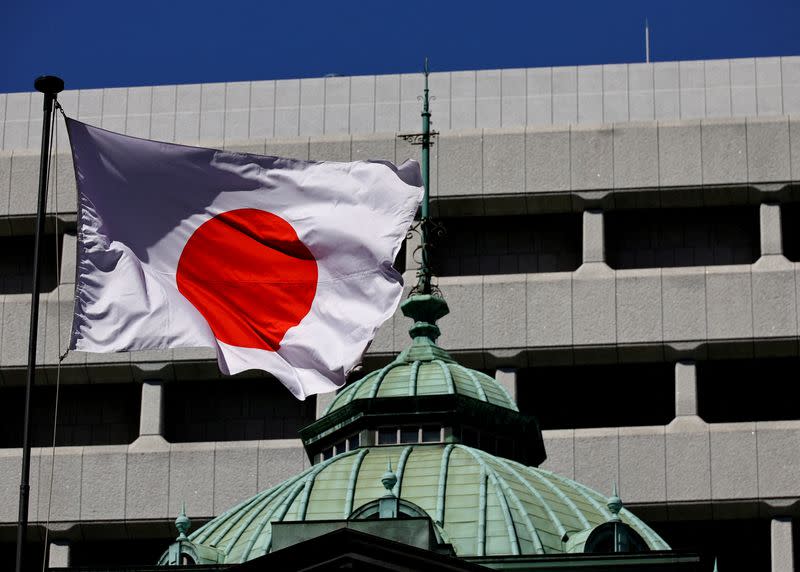The Bank of Japan (BoJ) has increased its benchmark interest rate to 0.25% and announced plans to halve its monthly bond purchases, marking a significant shift towards tighter monetary policy.
This move contrasts with the US Federal Reserve’s current stance and is expected to narrow the interest rate gap that has contributed to record weakness in the yen. Following the BoJ’s decision on Wednesday, the yen strengthened by more than 1% against the dollar, reaching ¥150.70.
Interest rate raised to the highest level since 2008
By a majority vote of 7-2, the BoJ raised its overnight interest rate to “around 0.25%,” the highest level since the global financial crisis in 2008. Previously, the rate ranged from zero to 0.1%.
This decision follows the bank’s termination of its negative interest rate policy in March, ending decades of intermittent deflation.
The BoJ also revealed plans to reduce its ¥6tn ($39bn) monthly bond-buying program to approximately ¥3tn by the spring of 2026.
This reduction in bond purchases signifies a decisive move away from the bank’s ultra-loose monetary policy stance.
Economic conditions and inflation risks influence decision
Central bank governor Kazuo Ueda explained that the rate decision was influenced by current economic conditions and price movements, which remained “on track.”
Ueda acknowledged that the weaker yen’s impact on inflation also played a role in the decision.
We plan to continue raising our policy rate and adjust the degree of monetary accommodation if economic conditions and inflation move in line with our forecast.
Mixed reactions from economists and market participants

The BoJ’s move has elicited mixed reactions from economists and market participants. Some traders were evenly split on the likelihood of a rate hike, while others cautioned against such a move given recent weak economic data.
Core inflation, which excludes volatile food prices, rose 2.6% year-over-year in June, exceeding the BoJ’s 2% target for 27 consecutive months.
However, Japan’s economy contracted in the first quarter of the year due to the yen’s decline and rising living costs, which negatively affected household spending.
UBS economist Masamichi Adachi expressed disappointment with the BoJ’s decision, stating,
It’s extremely disappointing that the BoJ has chosen to act by ignoring weak economic data. It now looks like it moved to counter the weak yen.
Adachi argued that the normalization of Japan’s economy was already precarious, and the BoJ’s decision has made it even more challenging.
BoJ’s inflation forecast
For the fiscal year ending in March 2026, the BoJ has revised its consumer price inflation forecast to 2.1%, up from the 1.9% forecasted in April.
This adjustment underscores the bank’s concerns about inflationary pressures driven by the weaker yen.
Stefan Angrick, a senior economist at Moody’s Analytics, noted the BoJ’s new focus on the yen’s impact on inflation.
He pointed out that the central bank is “hiking into a weak economy” without strong demand-driven inflation.
I think the BoJ needs to be clear about the fact that they’re changing the rules. They’re not winning the game.
He predicted that the next rate increase could occur in December and suggested that pressure on the BoJ might decrease once the US Federal Reserve starts cutting rates.




